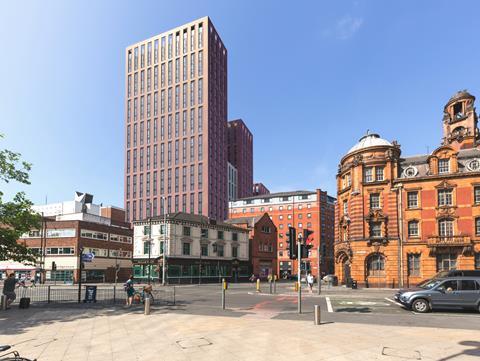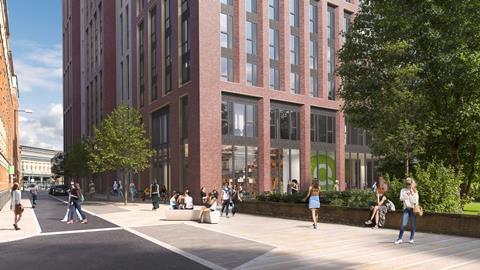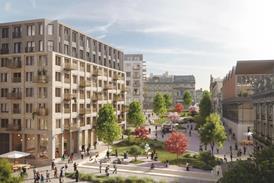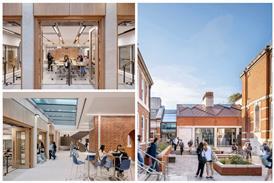City urged to limit shared-living schemes ahead of new policy

Manchester’s political leaders are being urged to place strict controls on the number of co-living schemes approved in the city until a proper policy can be developed for the housing model.
A report to a meeting of the city council’s executive this week argues that purpose-built and professionally managed shared-housing developments could be detrimental to the city’s housing market and the authority’s finances – and questions the demand for them.
Strategic director for growth and development Eddie Smith said there were solid grounds for supporting co-living developments in only “a very limited number of places, in restricted amounts, within the city centre” and where developers could robustly evidence need.
Smith’s report to councillors suggested that reasonable conditions to impose on any schemes brought forward for approval before the city had developed its policies would also include council tax obligations and a conversion plan for alternative future uses.

He said that while co-living schemes were well-established internationally and were beginning to become a factor in London, there were question marks about the need for the model in Manchester.
“It is possible to buy a flat in Manchester city centre for £150k or less at the time of writing, or share a centrally located apartment for £450 per person per calendar month,” he said.
“Both examples represent housing options that simply don’t exist in any part of the central London housing market.
“Against this backdrop, therefore, we do not believe that co-living is required, or appropriate, to address affordability pressures in Manchester, in the same way as it is in American cities or London.
“The character and evolution of the housing market in Manchester is different, and with this in mind co-living should be considered against very different drivers, developed for places with starkly contrasting housing values and different determinants of demand.”
In planning terms, co-living schemes are classified as “sui generis” – the same as student housing developments. That means they do not have to comply with nationally prescribed space standards and don’t incur any liability for affordable housing provision.
Smith’s report said the potential for Manchester to lose out on council tax payments as a result of co-living schemes being brought forward instead of studio flats was also a consideration.
More positively, he noted there was anecdotal evidence of co-living schemes in Manchester delivering economic growth when they combined new accommodation with space for digital and technology businesses.
One proposed interim measure which the city could introduce was a requirement for developers to demonstrate that their schemes had the support of local employers, or that schemes had a role to play in the regeneration of the area where they would be delivered.
Sheppard Robson won planning for the huge Echo Street scheme in the city in summer 2018. Its proposals for developer iQ would deliver 242 student beds split between 86 units and 621 co-living bedrooms split between 406 units.
Developer Downing appointed Simpson Haugh to work up proposals for a co-living “neighbourhood” as part of the First Street development.
Manchester council’s executive meets to consider the co-living report on Thursday.
















No comments yet